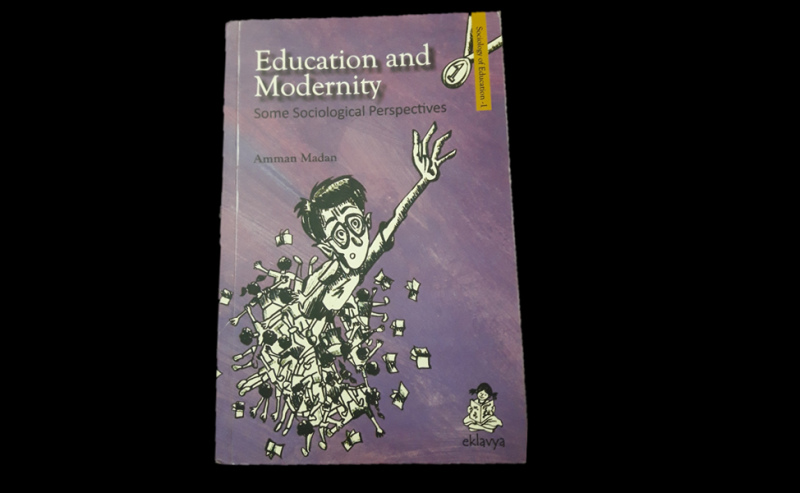An important dimension of markets is that they tend to give more buying power to those with more money. In one sense, people are made equal, but in another sense now the difference is in terms of who can influence the market more. Among the questions which the growth of commodification and markets raises for education is whether it is okay if people with more money have a greater influence on education. For instance, education must ask whether it seeks to respond to the demands and needs of those with a great deal of money or to those with little money. These two sections of society may have quite different educational wants. Having a syllabus which teaches the knowledge which the rich want may make no sense to the poor. For instance, many big companies may only be interested in the teaching of computer science in engineering colleges. However, this may not be of much use to the poor, who may benefit more if civil engineering and how better roads and infrastructure is built is taught. Or the poor may benefit from a kind of mechanical engineering and electronics which will improve the manufacturing that occurs in small factories and workshops. These may not be the priorities of the highest paying jobs and hence the kind of knowledge which are beneficial to the poor may have few people wanting to learn them.
There are other problems too in allowing only markets to decide what education should do. It may even be dangerous for the poor if they are taught to blindly accept whatever the rich and powerful are doing and not learn to raise questions on them. An important thing which many Indians believe we must learn to do is how to protest against wrongdoing and put pressure to get justice and fair dealing. This, too, is something which many powerful people (though not all) may be very uncomfortable with. Commodification of education may thus raise several questions.
Another change coming up with commodification is that the relation between teachers and parents and students threatens to become like that between a salesperson and her clients. So the school may be seen as a business enterprise and teachers become service staff in the same way as insurance agents are working for an insurance company are service staff. This drastically changes the relation between teachers and students. Teachers are basically delivering a service which is standardized by the management. There is little space here for teachers to be thinkers, helping students to interpret the world or think about it in a creative manner. This pushes us away from the model of a teacher as an intellectual, who is in a relation of gift-giving and reciprocity with students. It also draws us away from the school as a site of redistribution, which does not take as much as it gives, spreading wealth—in the broader sense of wealth—from one place where it is concentrated to another which lacks it.
Markets may dissolve some conflicts and also create new conflicts in society in place of the old. The growth of markets as a model of relationships in education raises many questions which deserve careful scrutiny.
SOURCE: Amman Madan, Education and Modernity: Some Sociological Perspectives, Eklavya, Bhopal, 2019











